An Open Letter to Gennet Zewide, Ethiopian Ambassador to India
- Anyuak Media
- 30 September 2010
The people of Ethiopia have a question for you and the government of Ethiopia you represent, “Why are you giving away our land to foreigners?”

The people of Ethiopia have a question for you and the government of Ethiopia you represent, “Why are you giving away our land to foreigners?”
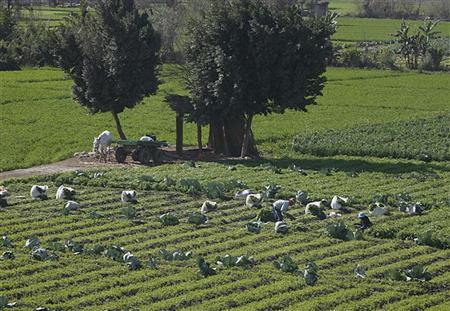
Egypt will lease at least 200,000 acres of farmland this year for agri-business projects in North Sinai, the North Coast and Upper Egypt, the agriculture minister said on Wednesday.
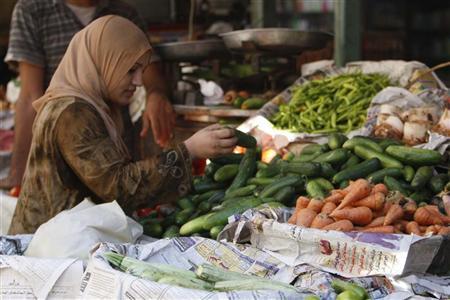
Egyptian private equity firm Citadel Capital said it was investing $40 million to grow crops in Sudan, where agricultural spending is increasing as the government moves to address food shortages.

Emirates Investments Group is looking to buy food and agricultural assets in Australia and New Zealand as global demand climbs, CEO Raza Jafar said.

Presentation to the CTA Rural Development Briefing in Central Africa
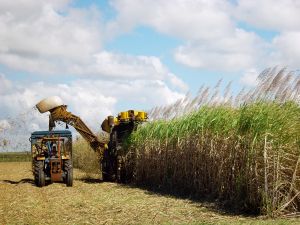
Is big-business investment in global farmlands the way to build a sustainable, food-secure future? Or is it evidence of a new speculative bubble?
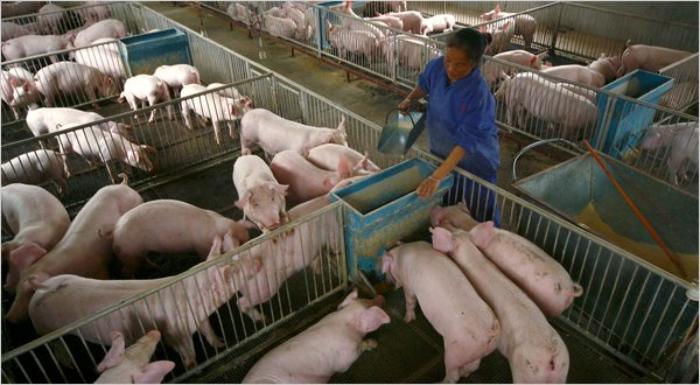
Singapore is eyeing a gigantic farming project in northeast China that could help the small, densely populated city-state diversify its food supplies, while offering export opportunities for its expertise in food safety and investment opportunities for its businesses.

Quietly, these modern-day land marauders are coming to Canada—undermining family farms, compromising local food sovereignty, and harming the environment.
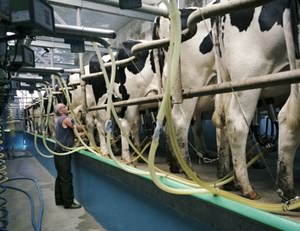
New Zealand tightened rules for major international purchases of farmland and will now require buyers to show how an acquisition benefits the nation’s economy.

Major Japanese trading firms are cautious about Japan buying agricultural land overseas, growing food there and then importing it. One reason, it seems, is their past failures in the agriculture business.
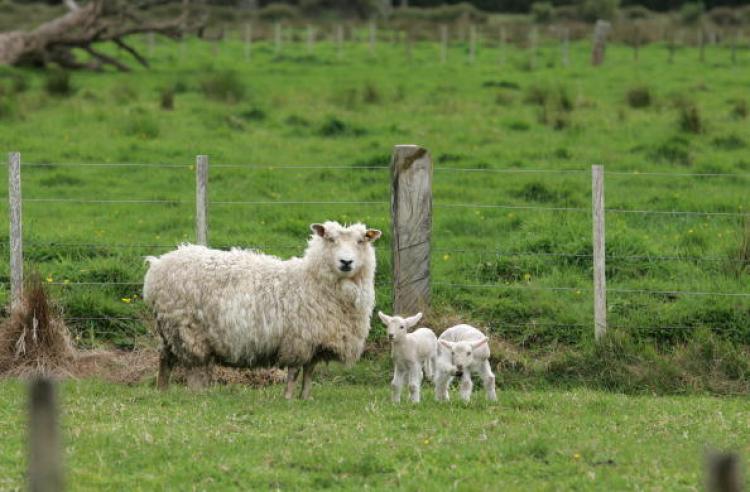
New Zealand's government announced on Monday it will place new controls on overseas investors buying large land holdings.
The fact is, Madagascar agriculture must rely on foreign capital, despite the risk of problems from farmland deals, according to Masanobu Furuya of the Asahi Shimbum